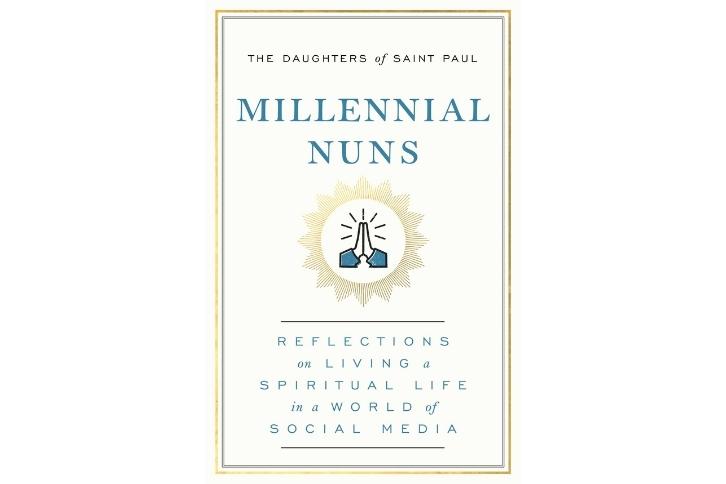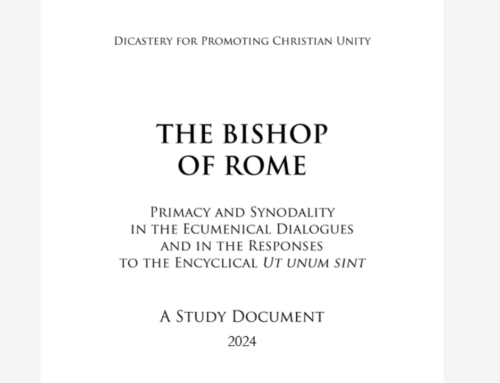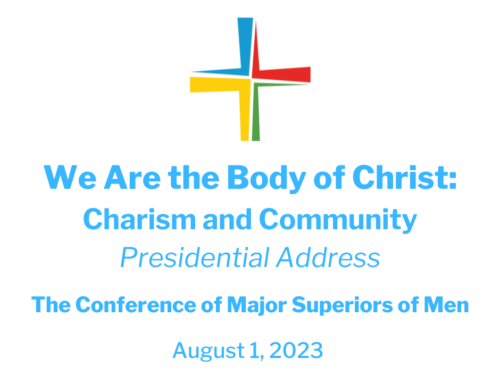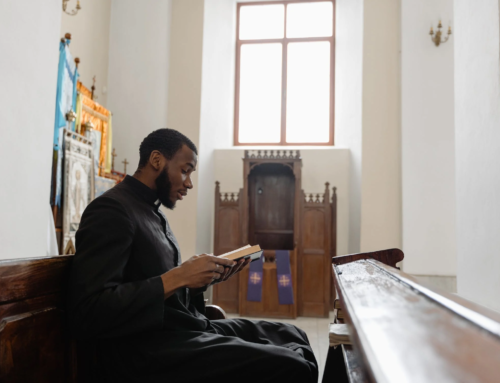By the Daughters of St. Paul. New York, NY: Tiller Press, 2021. Pp. 240; $19.99.
Franciscan School of Theology, San Diego, CA, United States of America
Millennial Nuns: Reflections on Living a Spiritual Life in a World of Social Media is a set of autobiographical essays written by eight women religious belonging to the Daughters of Saint Paul. The essays are delightful, relatable stories of life, faith, doubt, family, suffering, and joy. Woven throughout the stories is a thread of encounter with Jesus and other people in which there is conversion and healing. In addition to these stories, the book can be read as a sort of manual to better understand vocation, discernment, and the early stages of religious formation.
The Daughters of Saint Paul were founded in 1915 by Father James Alberione and Mother Thecla Merlo. From the beginning, they sought to bring the message of Jesus to all they meet through every means possible. Today, they are known for their bookstores throughout the world and for their role as #MediaNuns, embracing all the means of sharing the Good News that contemporary technology offers. The stories in this collection embrace the reality of the #MediaNuns without making social media the main storyline: each story is truly autobiographical, focusing on the real conversion and vocational experience of the storyteller without overemphasizing the role of social media beyond its natural place in the lives of those who are tech natives.
The strength of Millennial Nuns is the stories themselves, especially their diversity, depth of self-revelation, and connection to faith. Each story presents a woman whose life is easy to relate to and includes both beauty and sadness, but who considers and then chooses to become a sister. Each writer is recognizably human and unique, bringing to her faith and spirituality a complexity of emotions and thoughts that she then weaves into her autobiography. Eucharistic adoration, an element in the Pauline charism, becomes a central place for prayer and stillness that helps many of the authors listen for God’s voice. Each story articulates theological principles that support the writer’s faith, including theological anthropology, Catholic social teaching, Eucharistic theology, and most especially, love.
The eight individuals who contribute to the collection present their stories humbly and honestly. Readers will find their own story reflected in the joys and struggles the authors describe from their own lives. One sister speaks of her family’s dysfunction, another of divorce, one of moving around as a child, another of school bullies. One speaks of a time where she experienced depression, while another talks of loving a boyfriend and choosing atheism with him. Each one presents steps on the path that led her to her calling as a sister.
While each one’s life story is unique, the language around call and religious life has some similarities. The life of the convent community helps the women find belonging and healing, even when they feel unworthy of the unconditional love of God. Many spoke of finding a home among the sisters, feeling accepted, and knowing the love and sisterhood of community life. Many spoke of how their spiritual lives grew as they searched for meaning and eventually found it through the vowed life. The first chapter, by Sr. Amanda Marie Detry, FSP, speaks about the vows of poverty, chastity, and obedience more explicitly than the others, though the vows appear in other places. The chapter “Life Is a Gift from God—How Will You Use It?” by Sr. Emily Beata Marsh, FSP, gives helpful spiritual advice, focusing on prayer and discernment.
As a slightly older religious (in my 40s) who entered a congregation that would be considered more progressive than the Daughters of St. Paul, I was delighted to relate to the stories so deeply. Their experiences of call and prayer were not that different from my own. In my own discernment, I felt the same longing to belong and be loved, and the experience of finding a home in my own congregation. I believe many young women who are discerning their vocation could easily relate to these reflective autobiographies. This book will help their search for meaning and address questions about what it means to be a sister and whether they fit the mold (surprise—there is no mold!). While this is not a theology book, the authors express theological realities with precision and faith, in a way that will help even the beginner understand what Catholics believe about God, Jesus, and love. It will also be helpful to vocation and formation directors who are trying to understand the mindset of young women who are in discernment or entering religious life today.






